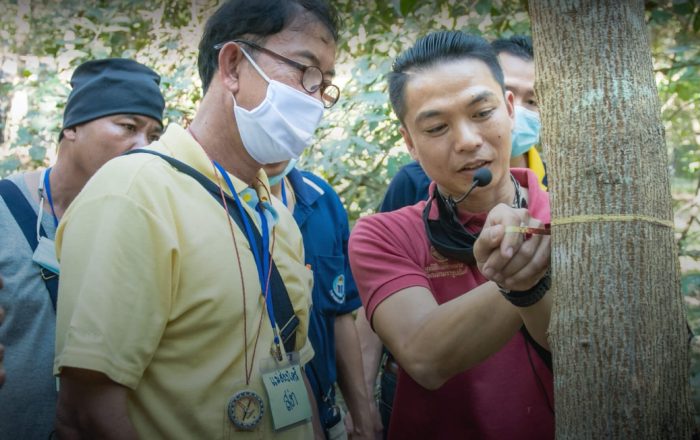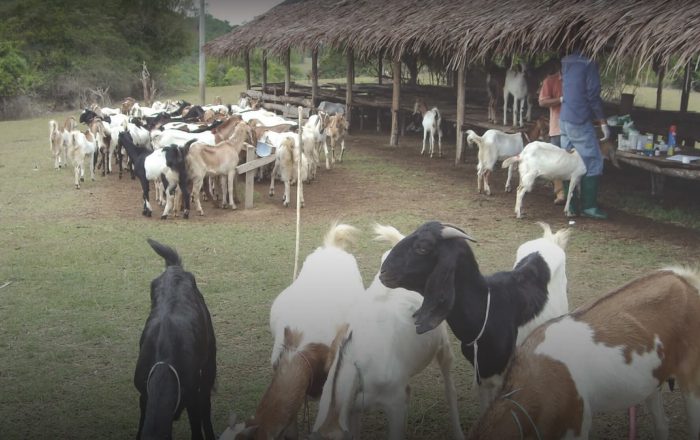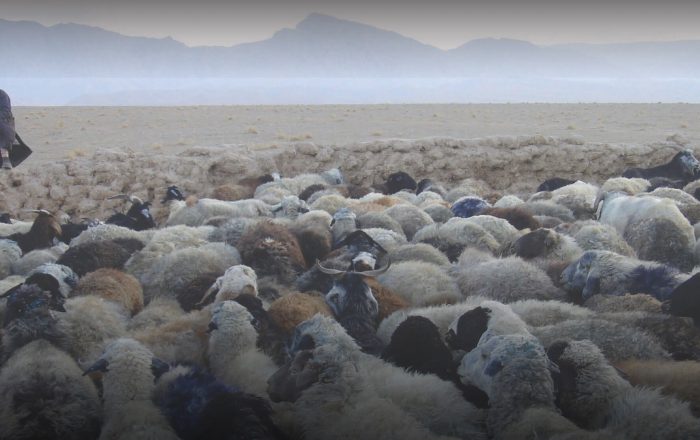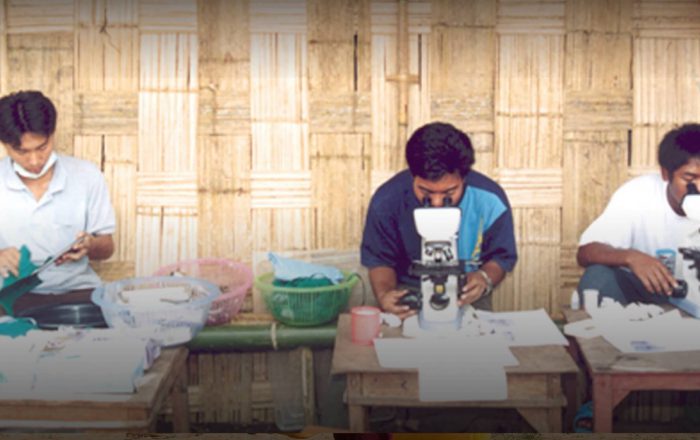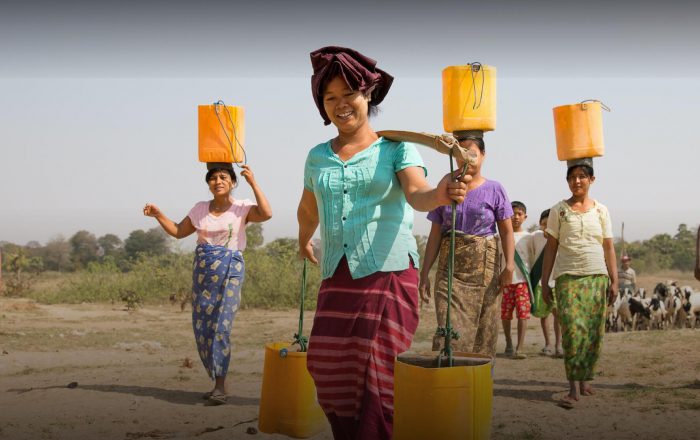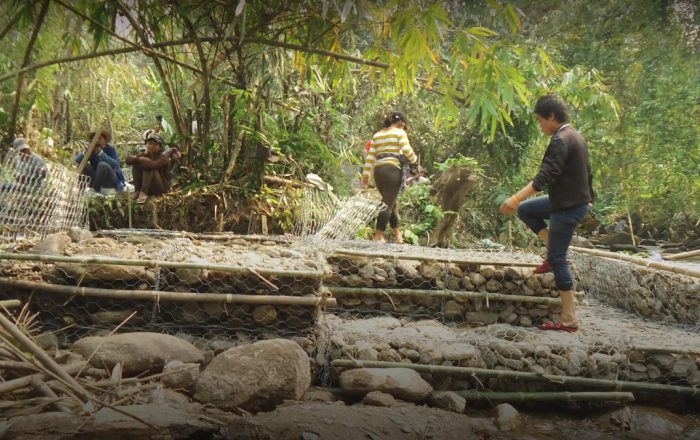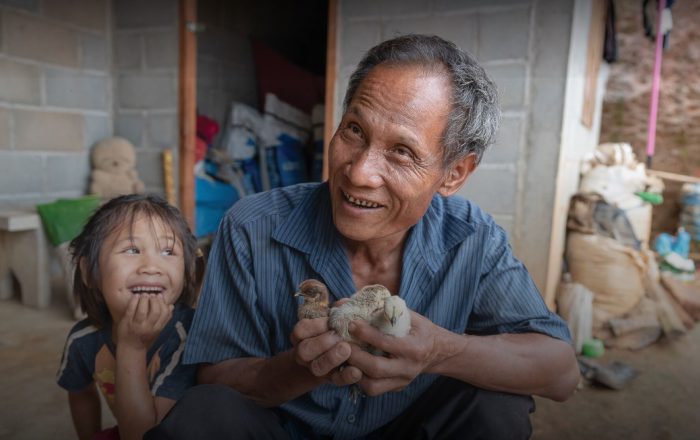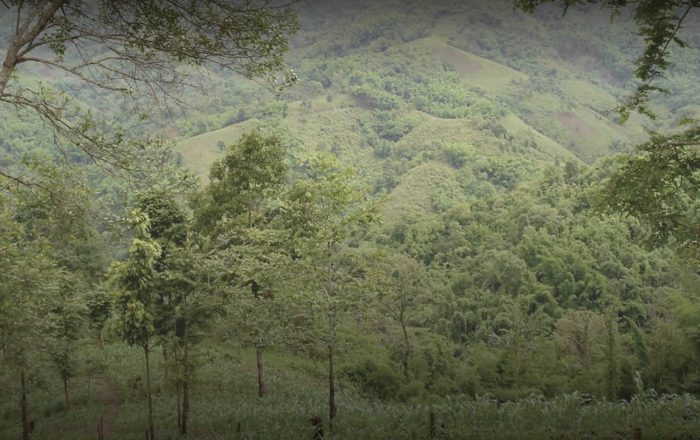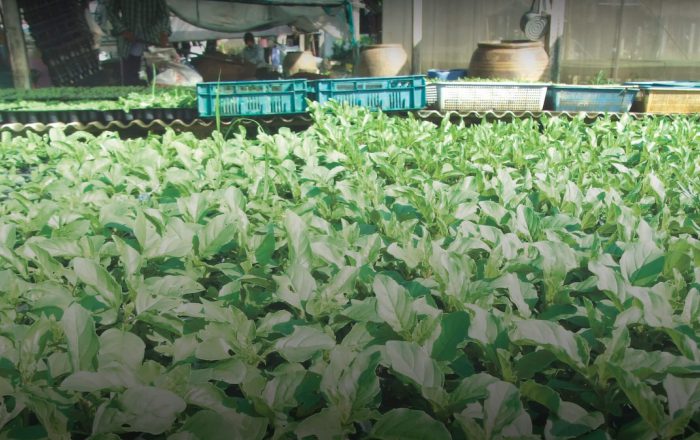Carbon Credit from Community Forests for Sustainability
Basic Information Overview Initiated in 2021, the “Carbon Credit from Community Forests for Sustainability” project is a public-private partnership with the Mae Fah Luang Foundation under Royal Patronage (MFLF) being the project implementor. The project partners are the Ministry of Natural Resources and Environment, the Royal Forestry Department, Thailand Greenhouse Gas Management Organisation (TGO), Geo-Informatics and Space Technology Development Agency (GISTDA), Siam Commercial Bank PCL., QTC Energy PCL., TMT Steel PCL., PricewaterhouseCoopers ABAS Ltd., Intouch Holding PCL., and the Securities and Exchange Commission (SEC), Thailand. The Project aims to tackle the climate crisis and incentivize local communities to protect the forest, including wildfire prevention which caused smog and small particle dust (PM2.5). The “Carbon Credit from Community Forests for Sustainability” project is originated from the importance of “carbon credit” in agricultural and forest sectors where trees sequestrate and store carbon dioxide. In Thailand, local communities have protected their forests very […]
